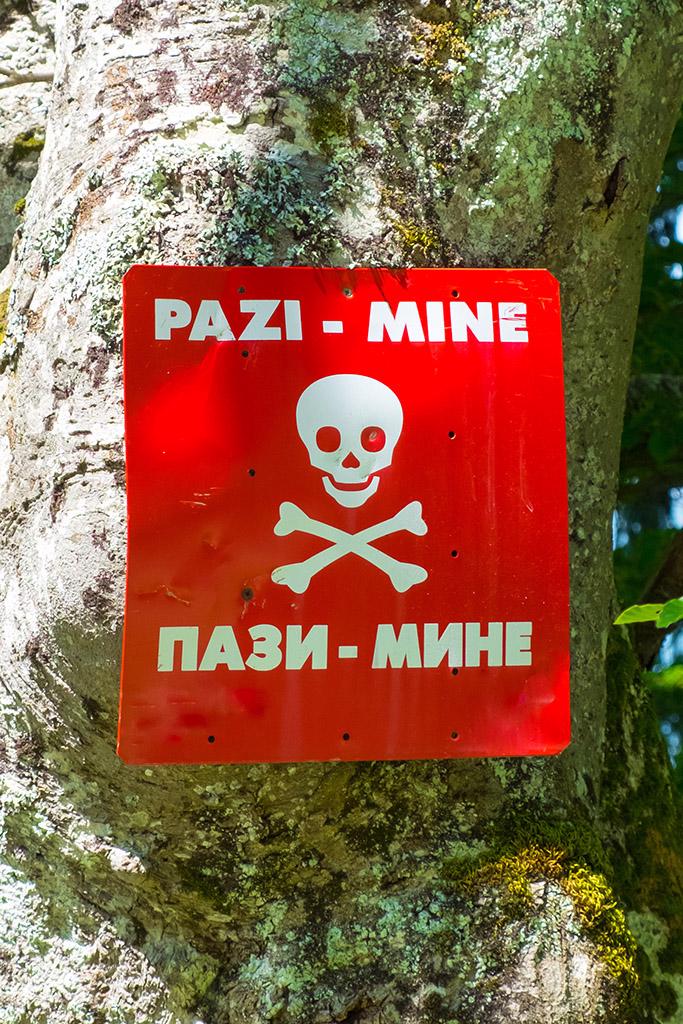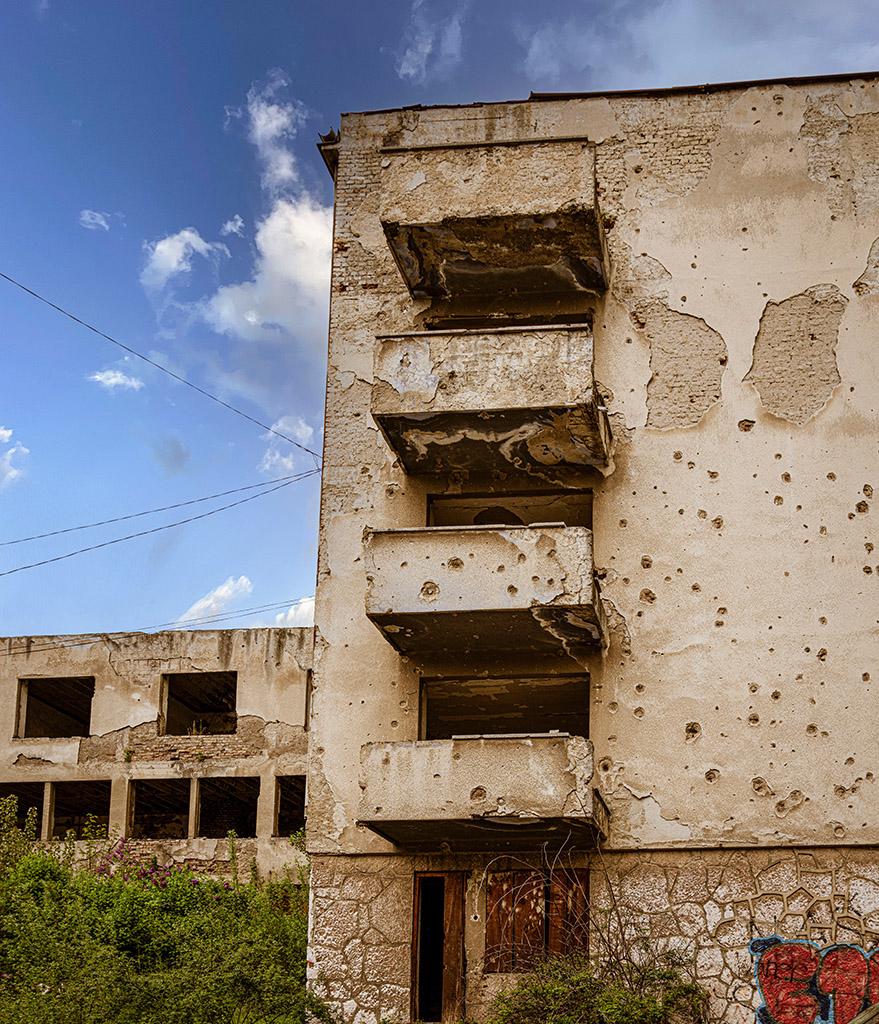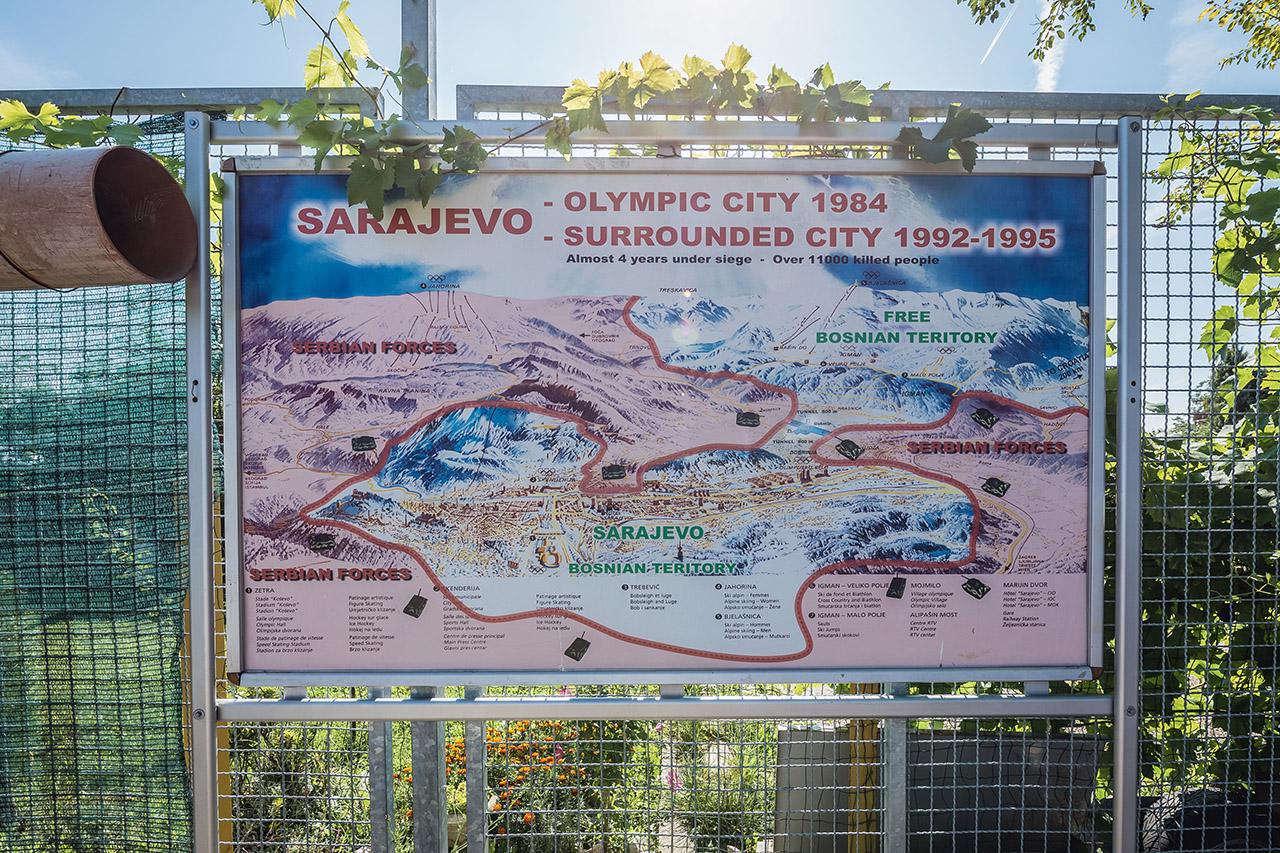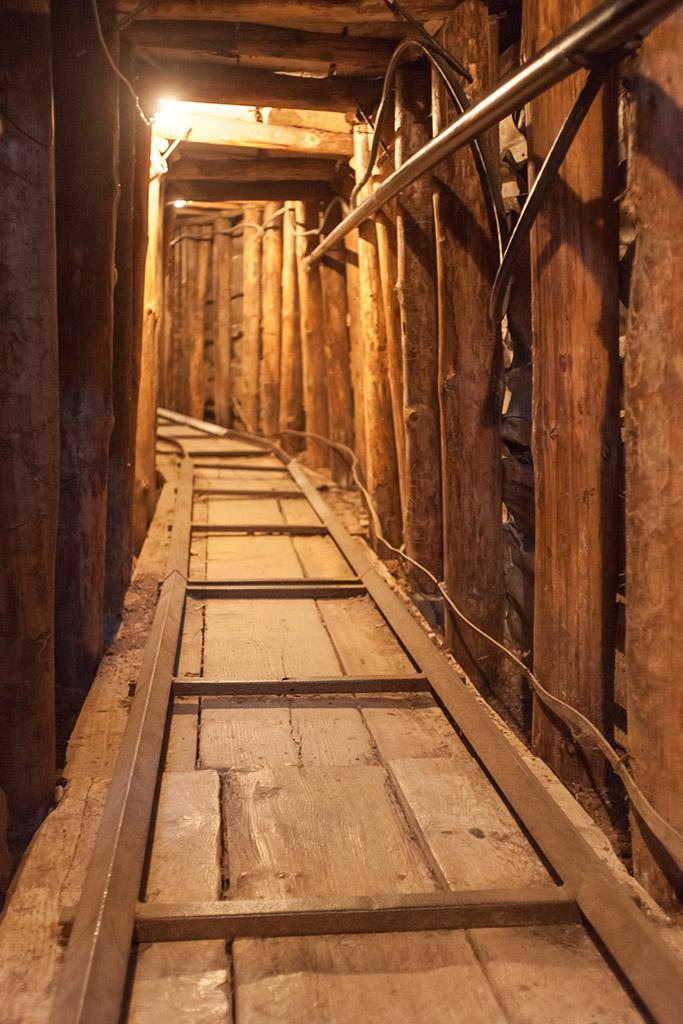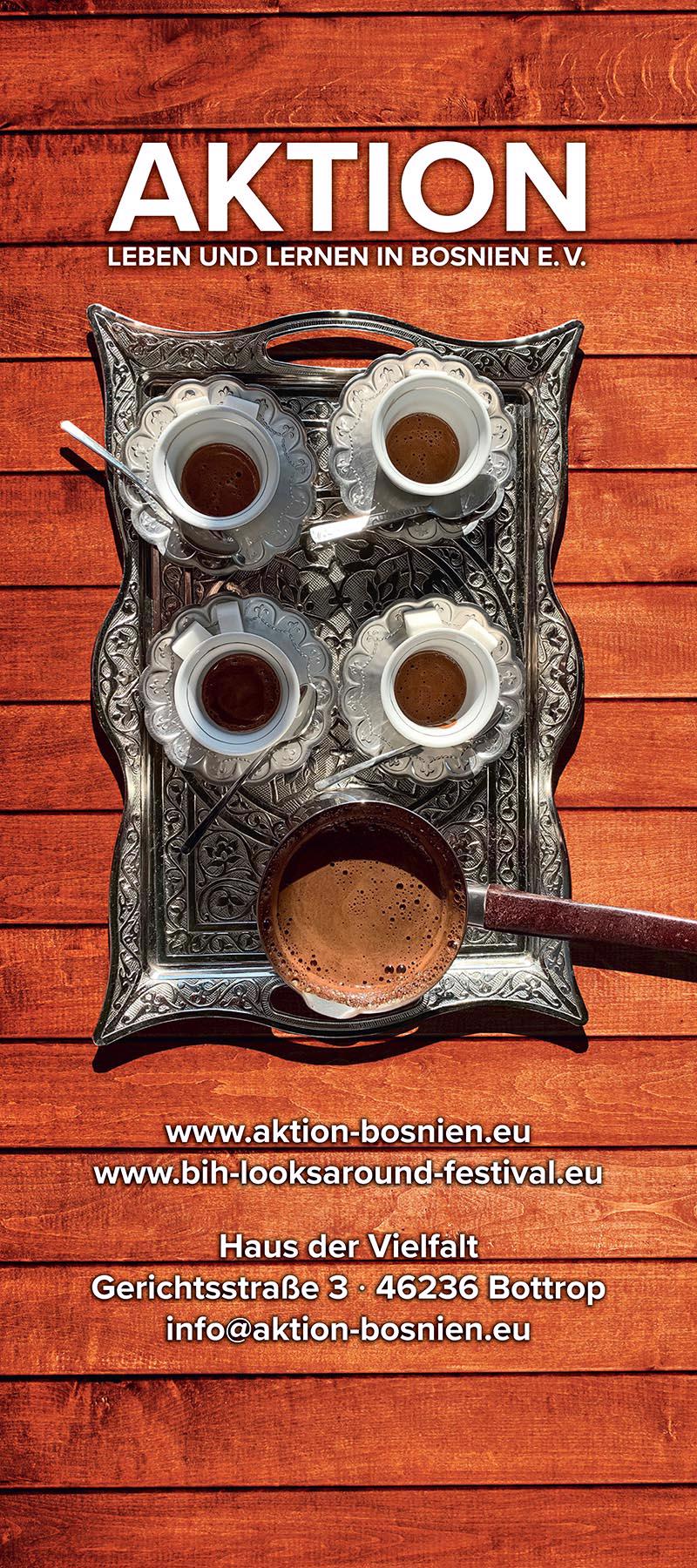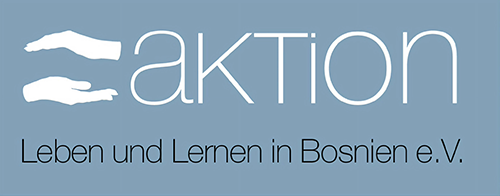A FORGOTTEN WAR?
On holidays there’s nothing I like better
Than talking about war and war’s display,
When in Turkey far away,
People one another batter.
You sit by the window: have a glass:
See the bright boats glide down the river,
Then you walk back home and bless
Its peacefulness, and peace, forever
Goethe, Faust 1
Our film festival began with a familiar thought: in general, all media coverage is selective. It generates and caters to the economic cycles and caprices of the attention market – and often has a short half-life. It is not uncommon for wars to no longer take place in the media, even though they are in full swing. They just have to be far enough away. Where and how should the late and long-term consequences of forgotten wars be able to play a role? These, too, always take place in the present. And they hit the weakest and most powerless first and with full force. Many of our competition films from previous festival years show this with haunting intensity.
The BIHLAFF sees itself as an intercultural impetus to bring two European regions together. The whole of Europe sees itself challenged by nationalist-identitarian populism. In both cases, there are unspeakable denials, reinterpretations or relativisations of historical crimes of genocidal dimensions. Added to this are current geopolitical developments that actually seem to mark the beginning of a new era. One of the last major historical turning points, the celebrated end of the Cold War around 1990, shortly after German reunification, was not followed by a "decade of peace" for BIH and the Western Balkans, but by catastrophe: The first war and the first genocide in Europe since the Second World War.
Both took place on Bosnian soil. Three decades ago. The Bosnian war from 1992 to 1995, and the genocide in July 1995. To this day, the horrific massacre of Srebrenica, within an area declared a protected zone by the UN, is regarded as the terrible climax of a whole series of different war crimes. It was carried out by Ratko Mladic and the army of the Republika Srpska, supported by the police and Serbian paramilitaries - despite the presence of a small protection force of Dutch UN blue helmets. Over 8,000 people, almost exclusively Bosniak men and boys aged between 13 and 78, were killed here.
This was preceded by a chain of other war crimes. During the 1,425 days of the siege of the city of Sarajevo by the Army of Republika Srpska (VRS), parts of the Yugoslav federal army and paramilitaries, around 11,000 people were killed, 1,600 of them children. 56,000 suffered injuries, some of them serious. Ethnic cleansing, violent looting, abuse and rape of women took place in various places in BiH. Torture was used in internment camps.
The Ahmici massacre took place on April 16, 1993. Here, units of the Croatian Defense Council (HVO) went from house to house and cruelly murdered around 120 Bosniak villagers. Something similar happened in the village of Vitez. Here, 172 civilians were killed by HVO war criminals, 5,000 were displaced and many were interned in a camp.
It is not only the immediate witnesses, i.e. middle-aged and elderly people, who still feel literally crushed by this leaden, almost unmanageable truth of horror, death and trauma. Others, however, do not hesitate to deny, falsify or even provocatively glorify this past. To the point of threatening or openly preparing its continuation.
Even then - a good 30 years ago and less than 40 years after the end of the Second World War - it was already coming to light again: the fatal pull and rebirth of ethno-nationalist images of the enemy and militaristic fantasies of superiority from the 19th and 20th centuries, including a pseudo-legitimization through the arbitrarily rewritten "prehistory" of other previous centuries. Within a very short space of time, the dream of a Europe united in peace turned into a nightmare in the Western Balkans of all places – on the soil of the multi-ethnic state of Yugoslavia, once united in resistance against Nazi Germany – from which many still wish to finally wake up today.
SLEEPING WAR - AWAKE PEACE
But the bad premonition of many Bosnians is a different one: that it is perhaps more the war that has fallen asleep. The externally imposed silence of the weapons and the Dayton Agreement have achieved nothing more than the establishment of a fragile provisional arrangement. Without justice and dignity for the victims and without real instruments to prevent constant planning and threats of secession and renewed territorial claims by Serbia and Croatia. This dormant war needs an even more alert peace.
Unlike after the end of the Second World War in the Nuremberg Trials, there were no victorious powers in Dayton. In any case, depending on the degree of nationalist aberration, one can obviously never cope with the compulsion to win. Neither operationally nor rhetorically - and neither cognitively nor psychologically. Instead of acknowledging and coming to terms with their own war crimes, the Serbian government and its military have officially referred to all Serbian acts and crimes of war against their neighbors as "wars of liberation". By means of this reinterpretation, the image and narrative of a legitimate reconquest of lost territory, which must be reintegrated into the motherland, is systematically disseminated with a high expenditure of resources and media. It requires little imagination to recognize a fatal parallel to Putin and his proclamation of a "Great Russian people" made up of "Russians, Belarusians and Ukrainians" - including the territorial claims to the entire territory of Ukraine that supposedly follow from this. Almost every "modern" war is familiar with this rhetorical pattern of declaring every war of aggression, no matter how brutal, to be an act of self-defense.
UN DECLARES JULY 11 A GLOBAL DAY OF REMEMBRANCE
Just over a year before the 30th anniversary of the horrific climax of war crimes on Bosnian soil, July 11 has been declared by the United Nations as World Day of Remembrance of the Srebrenica genocide. At the same time, any denial of the genocide is condemned. The corresponding resolution, which was largely drafted by Germany and Rwanda, was adopted by the UN General Assembly on May 23, 2024: with 84 votes in favor and 19 against. However, with 68 abstentions.
The fact that not only Serbia and Russia voted no, alongside countries such as North Korea, Belarus and China, but also Hungary, showed once again that historical facts do not guarantee unanimity or at least crystal-clear majorities. Neither worldwide, nor in the EU. Greece, Cyprus and Slovakia were also among the 68 abstentions - alongside India and many countries of the Global South as well as some Arab countries.
Neither a nation nor a state is named in the text of the UN resolution. Nevertheless, Alexandar Vucic, the President of Serbia, and the current President of the Republica Srpska, Milorad Dodik, have declared themselves, together with the entire Serbian people, victims of a campaign. The relativization and denial of the genocide of Srebrenica are core elements of their political strategy. At the same time, the situation against the backdrop of Remembrance Day must always be viewed from the perspective of the internal divisions in a Serbian society that is not only divided on this issue. This field of tension has been reflected in very individual artistic positions in our previous festivals. The creative, reciprocal curiosity of BIH film and art professionals across all borders is both stimulating and reassuring. You could be forgiven for thinking that this is a peaceful country. Immune to all old and new ethno-nationalism. And against any idyll as well.




